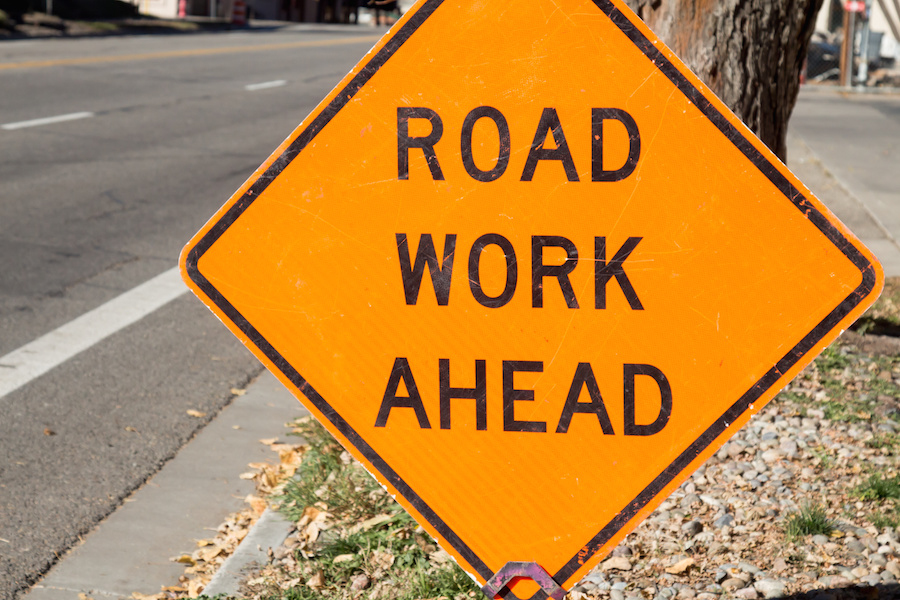
With $5 billion in anticipated annual revenue, California is fast tracking road improvements ahead of the recently approved gas tax. Stock photo
The controversial gas tax bill that became law earlier this year could have immediate local impacts according to plans released by CalTrans that would expedite funding to road repair projects in Los Angeles County.
Senate Bill 1, signed into law by Governor Jerry Brown in April, is expected to raise about $5 billion annually through a 12 cent per gallon increase on taxes paid at the pump—it will rise to 19 cents by 2020— and a new vehicle registration fee (starting January 2018) ranging from $25 to $175 based on the type of vehicle. In total, the 10-year tax increase is expected to raise some $52 billion with the proceeds going toward addressing the state’s infrastructure backlog.
While the changes won’t kick in until November, CalTrans announced it will start deploying resources as early as this summer in anticipation of the funds that will begin to roll in later this year. LA County will receive nearly $24 million in “fast-tracked” road repairs this summer, the total representing a fraction of the $285 million CalTrans is distributing statewide.
RELATED
Long Beach Street Quality Improving But Still Lags Behind Neighbors’ Pavement Condition Index Scores
“This legislation provides for needed investments to fix California’s roads, and CalTrans is acting quickly to get get to work,” CalTrans Director Malcolm Dougherty said in a statement.
Of those projects affecting Long Beach, CalTrans is expected to make $7.2 million in road repairs on the 22-mile stretch of Pacific Coast Highway between Long Beach and Hermosa Beach as well as resurfacing nearly two miles of the 710 Freeway in Long Beach at a cost of nearly $3 million.
In total, over 40 miles of roads and freeways in the county will receive repairs under the expedited plan.
The bill has garnered attention as an effort emanating out of Orange County seeks to repeal the gas tax and recall a local Democratic state senator that voted in favor of it. The petition would need some 365,000 certified signatures to qualify it for a vote on a future ballot.
Mayor Robert Garcia wrote a letter in support of the bill earlier this year, noting Long Beach’s own mounting backlog of street repairs, ones that city voters sought to address through their approval of Measure A in 2016.
“While the City has committed local funding to an aggressive infrastructure investment plan, State funding is needed to maximize the benefits,” Garcia wrote in March. “Now is the time for California to adopt a robust transportation investment package that provides equal funding to cities and the State, for improvements to local streets and roads, and State highways, respectively.”
Over the next 10 years the funding derived from the increased gas tax and vehicle registration fees are expected to fund $15 billion for both local street and road maintenance and state highway rehabilitation and maintenance, $7.5 billion in transit operations and $4 billion in highway bridge repairs.

